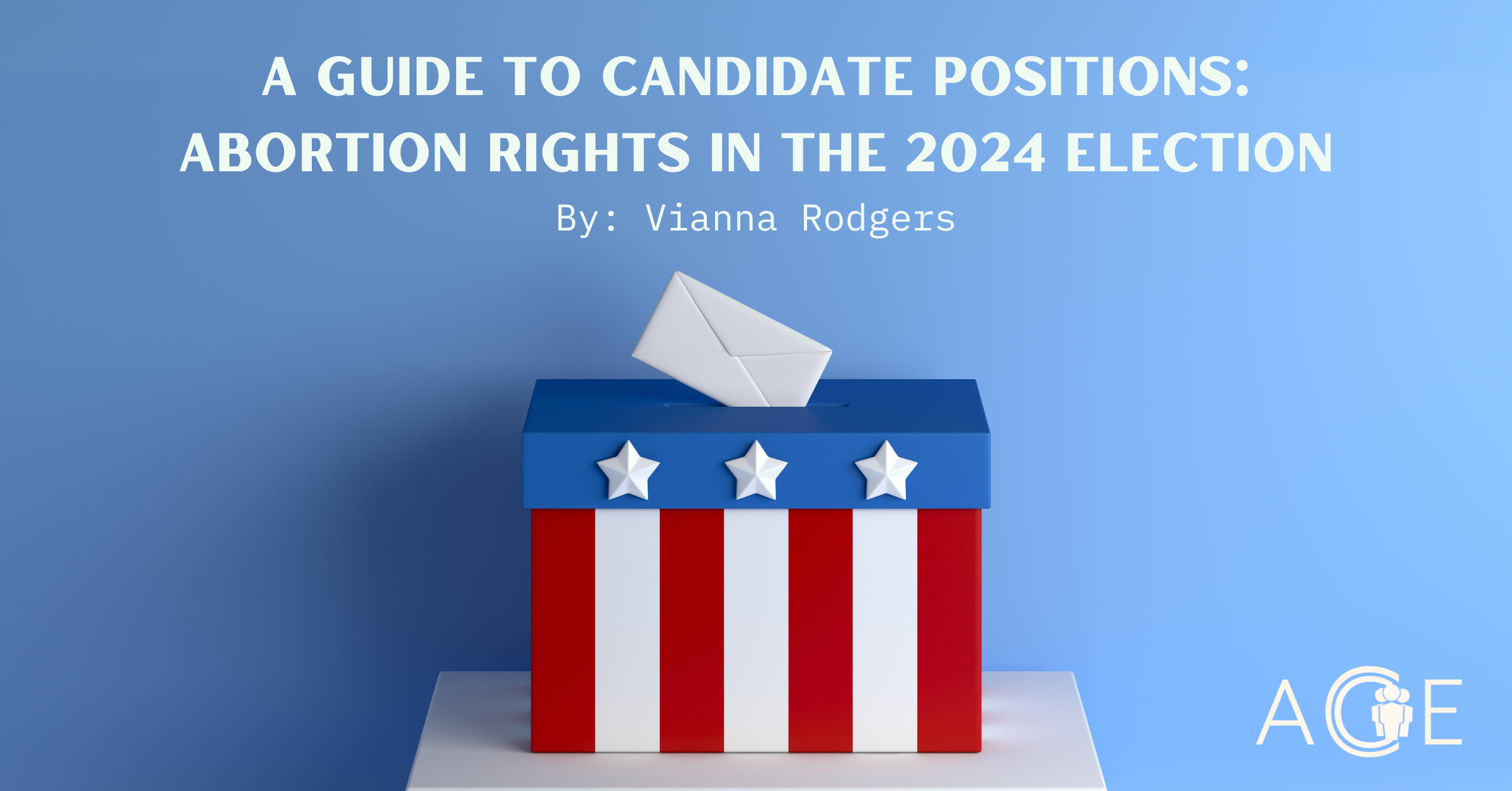As Vice President Kamala Harris ascends to the spotlight amid President Joe Biden’s decision not to run for reelection, she is beginning to separate herself from the Biden Administration, making the pitch of a new face with similar policies.
However, Kamala Harris did not always agree with President Biden, especially when they went head to head in the 2020 Democratic primary. As voters attempt to understand a new candidate in such a short window of time, it is important to take a look at Vice President Harris’s 2020 presidential campaign and the vision she had for America before joining Biden on the ticket.
Harris, the junior U.S. Senator from California, officially began her bid for the White House on January 21, 2019, Martin Luther King Jr. Day. She made the announcement in an appearance on “Good Morning America,” with a rally in Oakland later that day which drew a crowd of over 20,000 supporters.
Here were her views on key issues:
Immigration
Kamala Harris’s immigration policy during her 2020 presidential campaign was characterized by strong opposition to the Trump administration’s hardline stances and a commitment to humane and comprehensive immigration reform.
She was a staunch advocate for reinstating DACA (Deferred Action for Childhood Arrivals) protections and supported providing a path to citizenship for DREAMers, young undocumented immigrants brought to the U.S. as children.
Harris was highly critical of the Trump administration’s policy of separating children from their parents when illegally crossing the southern border. She called for increased oversight of detention centers and opposed the detention of pregnant immigrants.
One of Harris’s most notable stances was her support for making illegal immigration a civil offense rather than a criminal one. She claimed that it would reduce the harsh penalties associated with border crossings and shift the focus toward civil procedures and protections.
Harris also expressed support for re-evaluating and possibly abolishing ICE (Immigration and Customs Enforcement). She criticized ICE’s practices under the Trump administration, which she viewed as excessively aggressive and inhumane. Harris proposed restructuring immigration enforcement to focus on serious criminal activity rather than indiscriminate raids and deportations.
She called for a comprehensive immigration reform package that included a pathway to citizenship for the 11 million undocumented immigrants living in the United States. Her plan emphasized humanely securing the border, protecting asylum seekers, and expanding legal immigration channels.
Economy/Taxes
In 2019, Harris proposed several changes to the tax code which aimed to support low- and middle-class families while increasing taxes on the wealthy. Her plan, which she called the “LIFT Act,” included a new refundable tax credit that would provide up to $500 per month to families making less than $100,000 per year.
Along with this, she proposed an increase in the top marginal income tax rate from 37% to 39.6%, targeting the top 1% of earners. This increase was part of her broader plan to ensure the wealthiest pay their fair share of taxes, a sentiment that was echoed constantly in the Biden Administration.
She proposed increasing the corporate tax rate from 21%, set by Trump’s Tax Cuts and Jobs Act, up to 35%, arguing corporations should contribute more to federal revenue to support public service and infrastructure. Her plan also included imposing a financial transaction tax on stock and bond trades, and derivative transactions.
Healthcare
Harris initially supported Bernie Sanders’ “Medicare for All” plan, which proposed eliminating private health insurance in favor of a government-run system. However, she later moderated her stance, proposing a plan that allowed for regulated private insurance alongside a public option, aiming to balance progressive goals with practical implementation.
Harris emphasized the need to address the maternal mortality crisis, particularly among Black women, and called for increased investments in maternal healthcare services and policies to reduce these disparities.
She also proposed measures to reduce prescription drug costs, including allowing the federal government to negotiate drug prices directly with pharmaceutical companies and importing cheaper drugs from other countries.
Gun Control
Kamala Harris’s stance on gun control during her 2020 presidential bid included several progressive measures aimed at reducing gun violence.
She supported implementing universal background checks for all gun purchases, including private and public sales. She advocated for renewing the federal assault weapons ban, arguing these weapons are often used in mass shootings and have no place in civilian hands. Harris also supported laws that allow law enforcement to temporarily seize firearms from individuals deemed a threat to themselves or others, aiming to prevent potential tragedies.
She also proposed stricter regulations on gun dealers, including mandatory background checks for those selling more than five guns a year and enforcing penalties for violations.
Criminal Justice and Social Justice
In the wake of the killing of George Floyd and the Black Lives Matter movement, racial inequality and injustice became hotbed topics of the 2020 Democratic primary. The Black prosecutor from California used this issue to her advantage.
Harris pledged to end mass incarceration by eliminating private prisons, abolishing mandatory minimum sentences, and promoting alternatives to incarceration for low-level offenders, which she claimed disproportionately target Black and brown Americans.
Following the killing of George Floyd, Harris supported a comprehensive package of police reforms, including banning chokeholds, requiring body cameras, and establishing a national standard for the use of force. She also advocated for increased accountability measures for police misconduct. She focused on addressing racial disparities in the criminal justice system, proposed measures to combat racial profiling, expanded anti-bias training for law enforcement, and supported community-based public safety programs.
She also aimed to address economic inequalities exacerbated by the criminal justice system. She proposed a plan to provide financial support to individuals returning from incarceration to help them reintegrate into society and reduce recidivism.
Environment
Harris supported the Green New Deal and called for aggressive action to combat climate change. Her plan included transitioning to 100% clean electricity by 2030 and achieving net-zero carbon emissions by 2045. She also advocated for rejoining the Paris Agreement.
She proposed a nationwide ban on fracking, citing the environmental and public health risks associated with hydraulic fracturing, and emphasized the need to address environmental racism, arguing that low-income and minority communities are disproportionately affected by environmental hazards.
Harris called for substantial investments in green energy infrastructure and technology. Her plan included federal funding for renewable energy projects, incentives for electric vehicle adoption, and the development of sustainable public transportation systems.
____________________________________________________________________________
Harris’s campaign faced significant challenges and, citing a lack of funds, she suspended her campaign on December 3, 2019, before the Iowa caucuses. She immediately endorsed Joe Biden and was selected to be his running mate on August 11, 2020.
As Vice President, Harris has had to align her previous campaign positions with the broader goals of the Biden administration, sometimes leading to perceived backtracking on issues like healthcare and criminal justice. She is the first major party nominee in history to never win a single presidential primary election.
As she prepares for her 2024 presidential run, it remains to be seen whether she will revert to her previous progressive stances or aim for a more centrist approach to appeal to a broader electorate. Her selection of Minnesota Governor Tim Walz as her running mate suggests she is trying to energize the Democratic base rather than pivot to the center. This choice indicates a strategic decision to rally core supporters while also leveraging Walz’s appeal in the Midwest, neutralizing JD Vance’s rustbelt appeal.
Harris’s 2024 campaign will have to find a way to balance her past progressive proposals with a pragmatic approach to executive governance. Voters will watch closely to see if she maintains her strong positions on healthcare, immigration, and criminal justice reform or adjusts her policies to attract a wider range of voters. The challenge for Harris will be to unify the Democratic Party while presenting a clear and compelling vision for the future of all Americans.
With just over two months until the election, it is crunch time for both Democrats and Republicans. As Republicans have struggled to shift their focus from Biden to Harris, Democrats have seen a surge in momentum in polling and fundraising. The key questions now are whether this momentum will last for Harris and the Democrats and if the Trump campaign can find a messaging strategy against her that resonates with the American people.
Although there is little time left on the calendar, a lot can happen in two months. Just look at how much the political landscape has changed since July. As the debates between Trump and Harris approach in September, Americans will finally get to see their choices and make a decision.
Be prepared for potential September, October, and maybe even November surprises. A lot can happen in a short amount of time, and pundits will be quick to put their spin on events before you have a chance to think for yourself. Stick with us for all the information without the spin. Stay engaged, stay informed, stay critical.
Questions to ask yourself after reading?
- Has my view of Vice President Harris changed now that I know what she ran on in 2020?
- Do I support her 2020 policy positions on healthcare, immigration, the economy, criminal justice, gun control, and the environment?
- Do I think Governor Tim Walz was a good choice as her running mate?
- Am I more or less likely to support her 2024 presidential bid based on her past and present policies?
- Do I believe Harris will return to her progressive stances or move towards the center to appeal to a broader electorate?
- How important are the issues of healthcare, immigration, and criminal justice to me in evaluating Harris’s candidacy?
- Do I feel confident in Harris’s ability to unify the Democratic Party and present a compelling vision for the future?
- Do I feel confident in Harris’s ability to unify the entire nation and present a compelling vision for the future?


